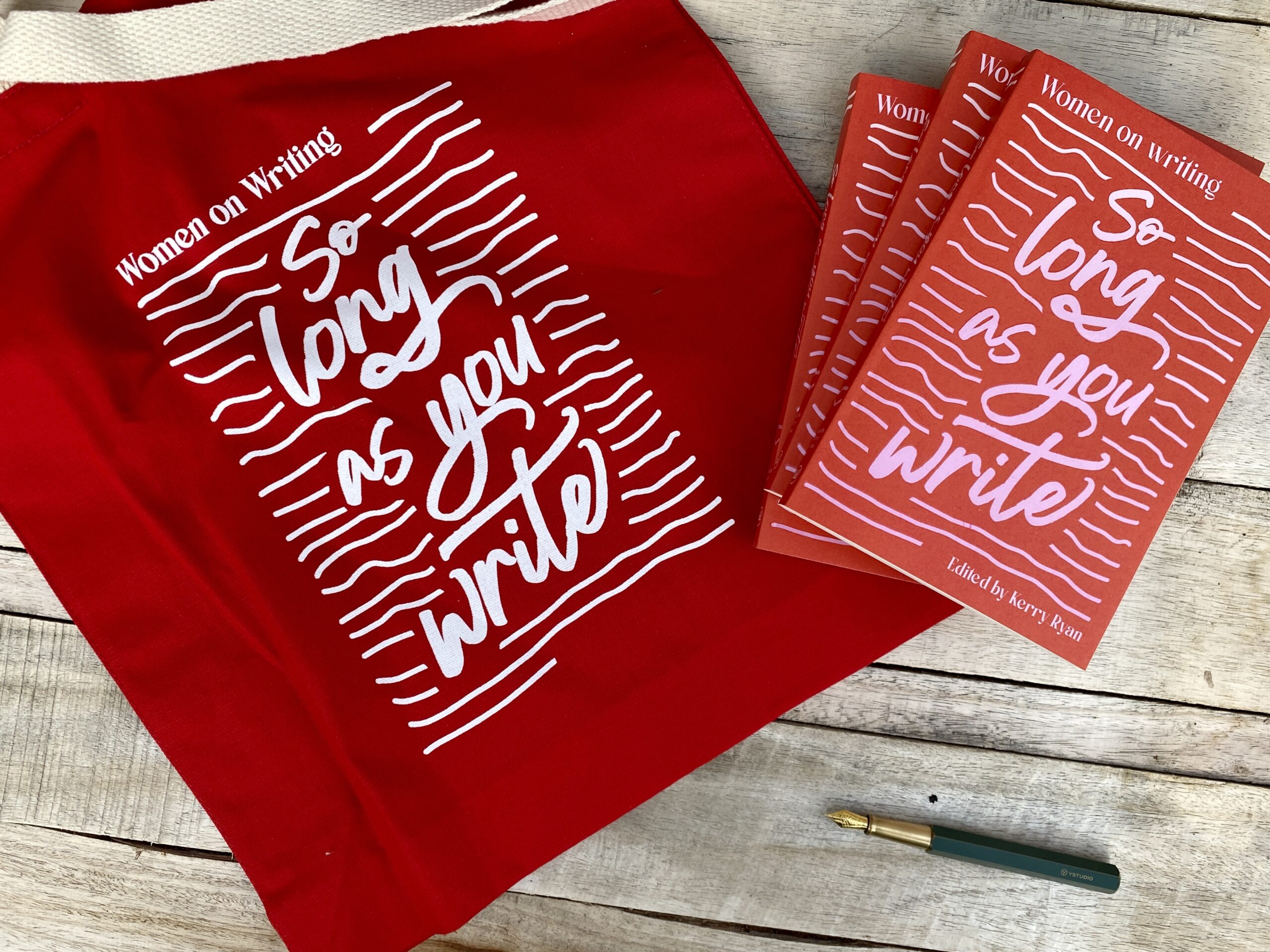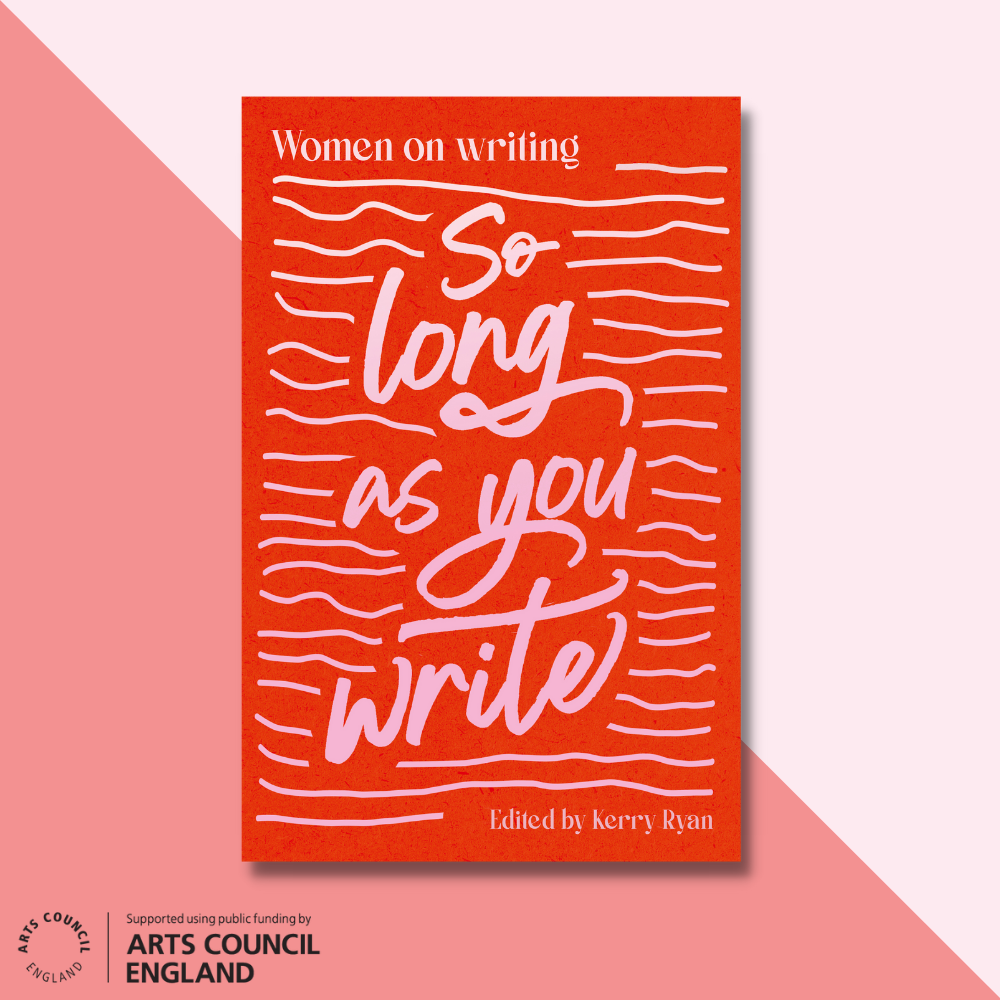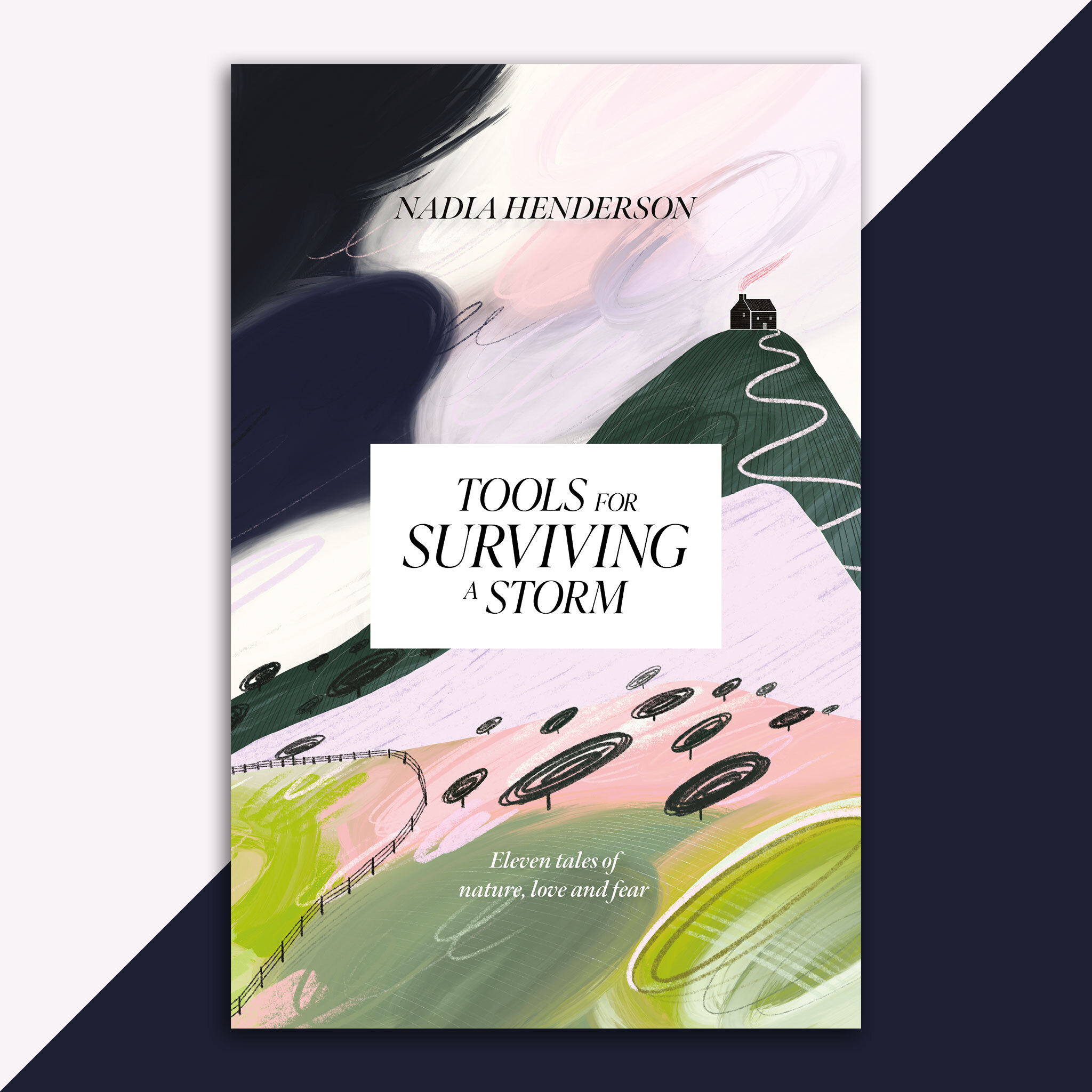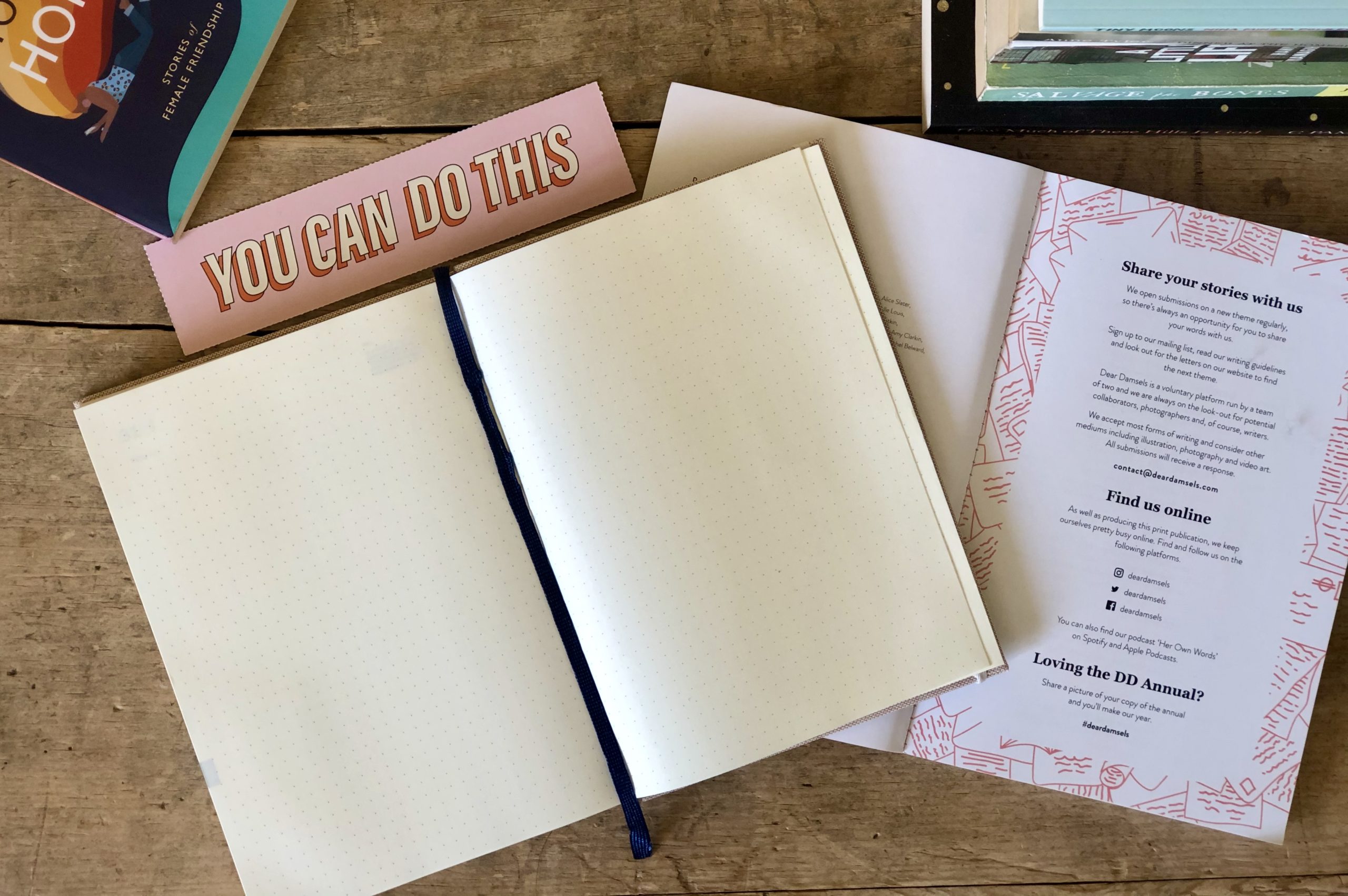Memories to Come
by Kitty Stogdon
My sister is stamping down hard on the small plastic foot pump, which is squeaking wheezily, as we blow up the small turquoise-and-yellow rubber boat in the garden. It might have had a dolphin on the side too, I can’t remember. The garden gate is open, and the sea is splashing up against the bottom of the seaweed-covered steps that lead down to the beach when the tide is out.
It’s hot. You wouldn’t expect this kind of heat in Scotland, where people think of plenty of rain and wind, but there’s something about it that scorches, and we often come home with burnt pink cheeks. It’s like the sea breeze blows away any kind of buffer that would make the sun’s rays more bearable. We’re kids though, and we don’t care about things like that; we only care about our lunch.
When the boat is fully inflated, we drag it down the steps towards the cool slate-blue sea, and jump in with shrieks of laughter as we try not to kick too much water inside or topple in. It doesn’t matter; there’s a small hole in the floor somewhere and our shorts are soon damp as we sit in deepening puddles. We set off intrepidly, inefficiently, across the bay with our stubby plastic oars that keep popping out of the plastic rollocks. It’s slow going – it probably takes about twenty minutes to cover the two hundred metres across to the sand by the harbour. We could have walked there in five, but where’s the adventure in that?
We queue up at the hatch in the wall that sells chips, ice cream and sweets all summer long. ‘Two large chips please, extra ketchup.’ Clutching the steaming paper parcels in our damp hands, we clamber back into our inflatable and push out to sea. We bob about, isolated on the water, pushed around by the swell made by passing boats, submitting to the tide. It’s calm here. We sit silently eating, licking our fingers, salty from the chips and the sea. Snippets of conversation reach us from the shore and people’s gardens. On the beach, a boy kicks a large ball, and the sound takes a second or two to reach us.
It’s not only sound that travels slowly here. Time seems to stretch and warp and not matter at all. I’ve just spent a week here on my own, at this place where I used to spend my entire eight-week summer holiday as a child. I don’t look at my phone, I don’t wear my watch. I measure time passing by watching a sailing boat move across the horizon, the approach of heavy rain clouds from over Edinburgh, the movement of the sea up and down the beach. Spending all this time without company and distraction leaves my mind uncluttered. I’m only wondering where I will go on my next walk, which book to pick up after this one, and when I might feel like another cup of tea. This new internal silence is allowing memories from my childhood summers to surface at odd moments, vivid and fully formed.
“I don’t look at my phone, I don’t wear my watch. I measure time passing by watching a sailing boat move across the horizon.”
I’m watching the calm sea as the sun moves towards the horizon when a small silvery fish glints under the surface of the water; suddenly there I am, sat on the harbour wall, aged twelve, with my brand new fishing rod trying to catch a plaice on the sea bed where only five hours earlier I was digging up bait.
A little girl runs into the icy sea, her whole body tensing against the cold; I’m splashing into the waves in a too-big wetsuit, cold water gushing up the legs as I race my friends to the banana-shaped inflatable to get the best seat (the one at the back). And afterwards, jumping off the harbour wall into the sea until our eyes stung and our noses and lips are salty and chapped. Just once more, before we traipse home for scalding baths and hot chocolate.
I go for a walk past the craggy rocks that I’ve never explored because they are covered in forests of slippery seaweed; this was where we often found my godfather in grippy wellies armed with a lobster hook, trying to grapple dinner out of the crevices.
A deep-blood-red jellyfish is tangled in some seaweed, and I remember the morning we woke up, full of new plans for a day on the beach only to find every inch of sand covered in the huge stinging jellies after a stormy night.
The stars shine out between wisps of cloud, brighter than I’ve seen them for ages and there’s sea spray in the air. We would lie out on the old garden table under piles of blanket waiting for our eyes to adjust to the darkness, trying to ignore the beam of light from the light house that would sweep across the sky four times in a row followed by an eight second pause, keeping watch for the shooting stars that pepper the Earth’s skies every August.
Having not visited for a couple of years, the passing of time has left me feeling a slight disconnect from this place I partly grew up in, like these memories are not mine, but scenes from a film or book. It’s the closest thing to an out-of-body experience I’ve ever had. And perhaps it’s because I’m here on my own, or because I haven’t spoken to another human for forty eight hours, but after smiling fondly to myself as these memories appear I quickly feel a sharp pang of nostalgia for those never-ending summers. How carefree we were compared to now. But then I think that all the things we fill our days with will soon become distant memories that we’ll only think of when we hear that song again, or round the corner onto a familiar street, or smell an old friend’s perfume on a stranger. There are so many more memories to come.
Kitty Stogdon | @kittystogdon
Kitty Stogdon works in an office publishing crime novels by day, and a ceramics studio making pots by night. She seems to only find time for writing when she is on holiday.






